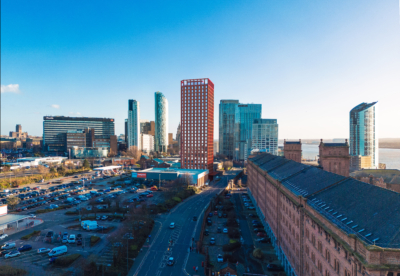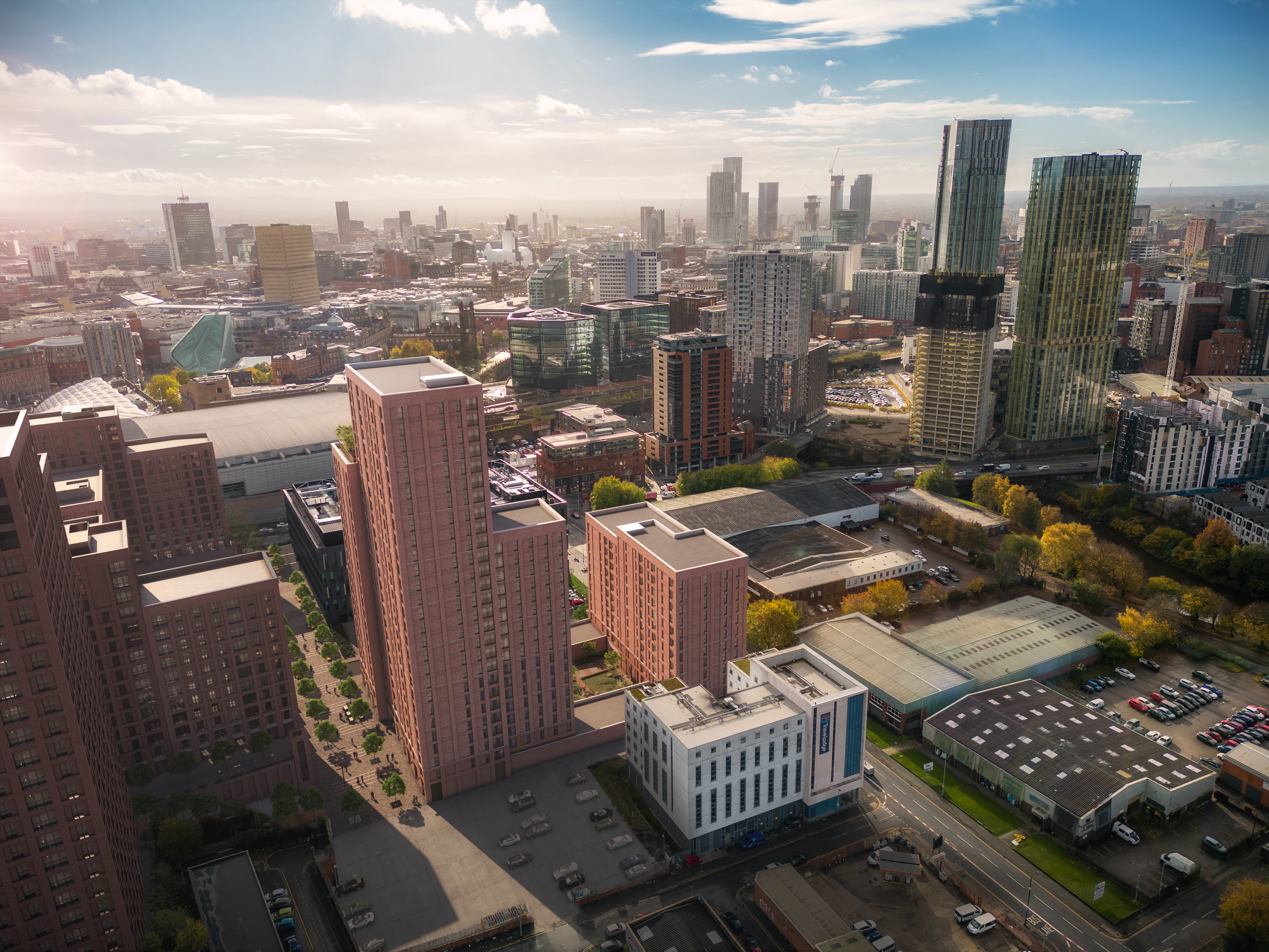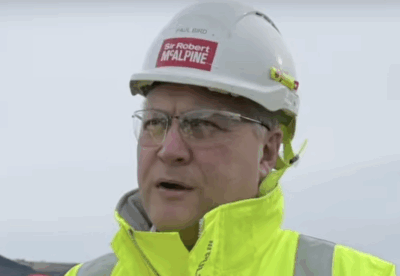Planned new legislation will make it a legal requirement to fix buildings 18 metres or taller by the end of 2029. Buildings between 11 and 18 metres must be remediated by the end of 2031.
Landlords who miss the deadline without a valid excuse could be prosecuted and handed serious penalties.
The new law will also give Homes England and local councils power to step in and carry out works directly where landlords fail to act.
Deputy Prime Minister and housing secretary Angela Rayner said the new Remediation Bill sent a clear message to landlords.
The crackdown is part of the second phase of the Remediation Acceleration Plan. It comes alongside a fresh £1bn investment to support the social housing sector in speeding up cladding removal.
Housing associations and councils will now have equal access to government funding to get jobs done with immediate effect.
Building safety minister Alex Norris said the new rules remove excuses and create a clear path to fix every unsafe building in England.
The government is also funding help for leaseholders including new long-term support to replace costly Waking Watch patrols. In exceptional cases buildings under 11 metres could also qualify for remediation funding.
A new National Remediation System is being rolled out to track progress and hold landlords to account. Local authorities and metro mayors are also being backed with over £5 million to support locally focused remediation plans.
The government’s Building Safety Levy will come into force from October 2026 and is expected to raise £3.4 billion over the next decade. Exemptions will apply to affordable housing, supported housing and small schemes under ten units.
Since the launch of the Remediation Acceleration Plan in December 2024 over 24,000 more residents are now living in safe buildings. Ministers say that number must continue to rise until every dangerous block is fixed.





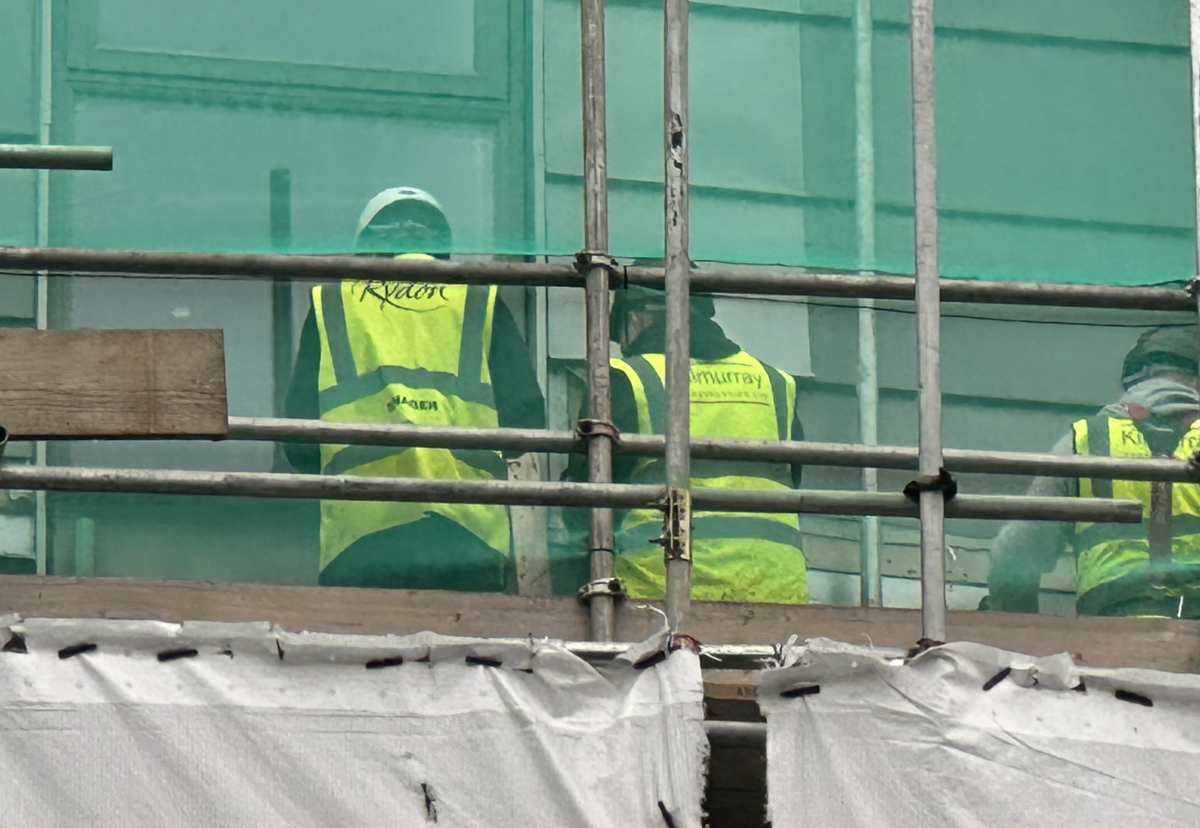






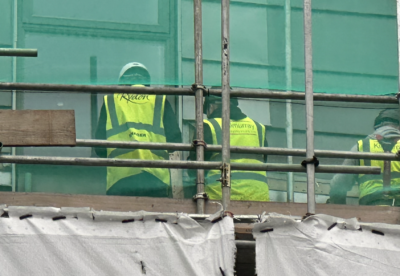

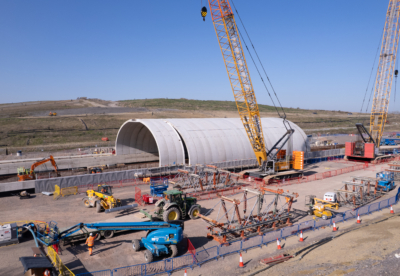

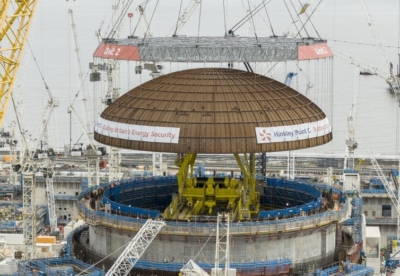




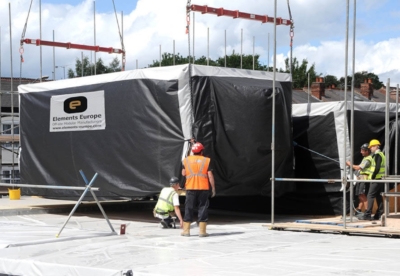
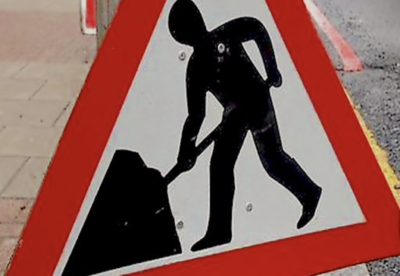


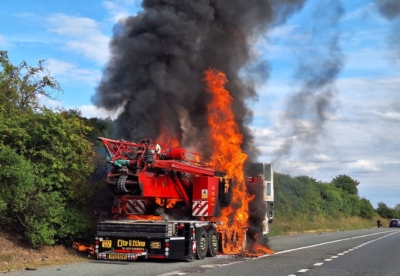



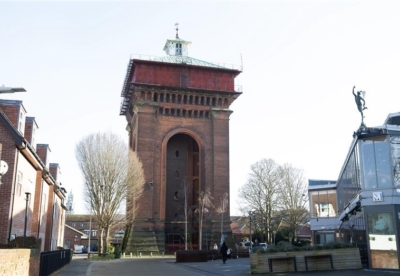





 (300 x 250 px) (2).png)

